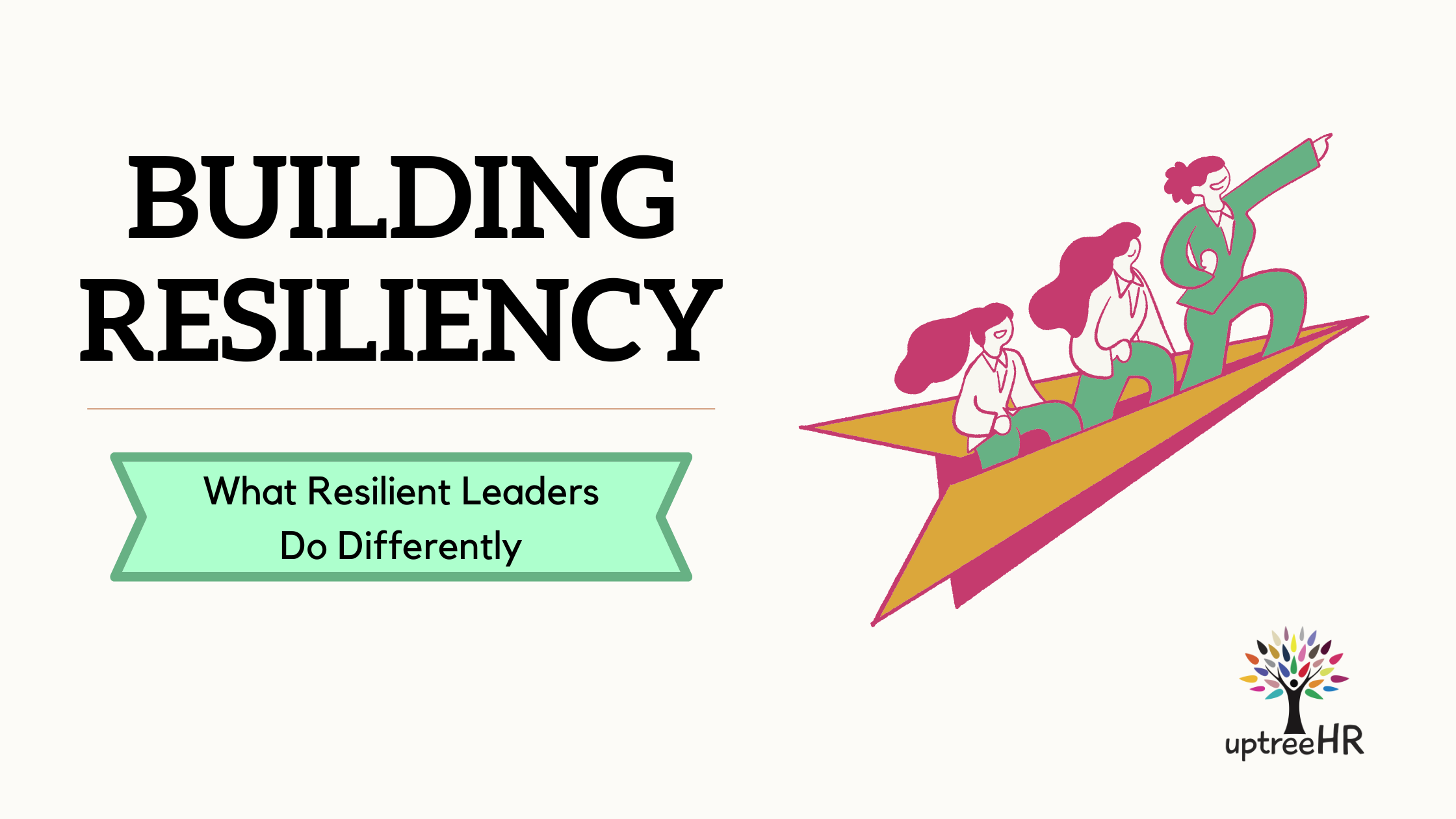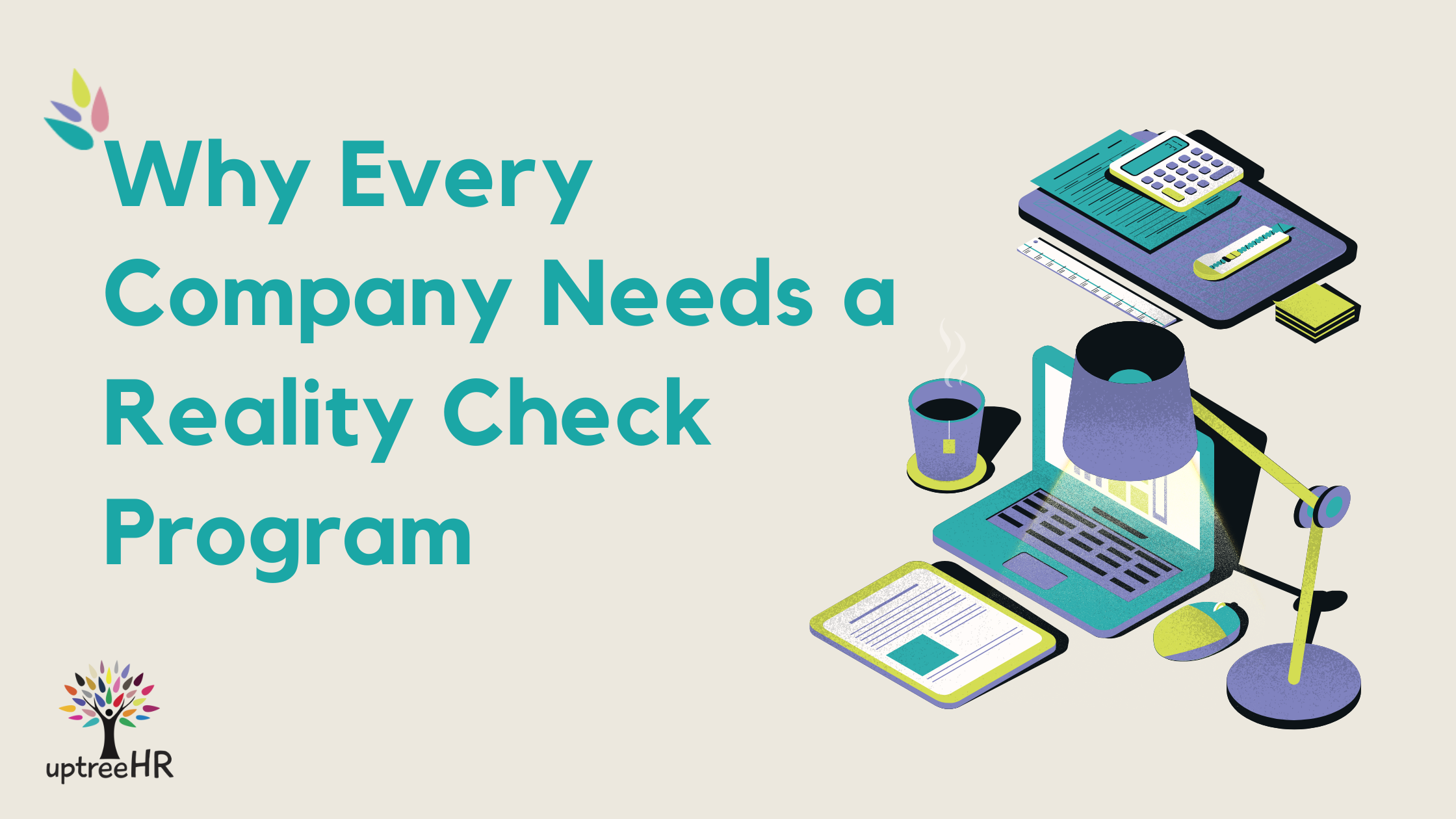
Change has become the constant in today’s workplace. Whether it’s navigating economic uncertainty, adopting new technologies like AI, or adjusting to shifting employee expectations around flexibility and culture, leaders are being tested from all angles.
Resilient leadership isn’t about simply “pushing through.” It’s about equipping managers with the skills to adapt, support their teams, and make sound decisions when the path ahead isn’t always clear. Organizations that invest in building leadership capabilities position themselves to weather uncertainty and emerge stronger.
So, what skills does every manager need to lead with resilience in today’s shifting workplace?
1. Emotional Intelligence
Change stirs emotion for everyone, employees and leaders. Managers with high EQ can recognize stress in themselves and others, respond with empathy, and create an environment where people feel heard. This isn’t soft leadership; it’s the foundation of trust and performance.
Tip: Encourage leaders to check in with their teams not just about work, but about how they’re doing. Simple moments of empathy build loyalty.
2. Adaptability
Rigid leadership doesn’t survive in times of change. Resilient leaders are open to new ideas, willing to adjust course, and comfortable with experimentation. This doesn’t mean being indecisive; it means being agile and responsive to shifting circumstances.
Tip: Frame change as a learning opportunity. Managers who role model adaptability make it easier for teams to follow suit.
3. Clear Communication
In uncertain times, silence breeds anxiety. Employees look to their leaders for direction, even when all the answers aren’t available. Managers don’t need to have everything figured out, but they do need to communicate openly and often.
Tip: Coach managers to share what they know, what they don’t yet know, and what comes next. Transparency creates calm and builds trust.
4. Decisiveness
Resilient leaders make timely, thoughtful decisions without becoming paralyzed by uncertainty. They weigh risks, consider impact on people, and move forward with confidence, even knowing adjustments may be needed later.
Tip: Provide decision-making frameworks (like pros/cons, risk vs. reward, or stakeholder impact mapping) to help leaders avoid overthinking.
5. Coaching Mindset
The best leaders in times of change don’t just “manage” their teams, they coach them. They help employees build skills, stay engaged, and navigate challenges with confidence. A coaching mindset fosters resilience across the entire organization.
Tip: Encourage managers to ask more questions than they answer. This helps employees problem-solve instead of providing every solution.
6. Personal Resilience
Leaders can’t support others if they’re running on empty themselves. Building resilience starts with managers managing their own energy, boundaries, and wellbeing. Modeling healthy work habits sets the tone for the team.
Tip: Normalize self-care at the leadership level. It’s not weakness, it’s sustainability.
Change isn’t slowing down. The organizations that thrive will be those with resilient leaders at every level, who communicate with clarity, adapt quickly, make thoughtful decisions, and support their teams with empathy.
For companies, the challenge isn’t just hiring resilient leaders, it’s developing them. By investing in leadership development, coaching, and practical tools, businesses can equip managers to lead confidently through whatever comes next.
Resilience isn’t just a leadership trait. It’s a competitive advantage.
Michelle MacFadgen is the Director of Client Engagement at uptreeHR, an outsourced Human Resource department for small to medium-sized businesses. Michelle and the team are based in Halifax, Nova Scotia.
To book a complimentary 30-minute consult with Michelle, click here.
Leave A Comment
DoorDash has had a program since its early days called [...]
Turnover is a normal part of running any organization, but [...]
I recently facilitated a team-building session at an organization’s annual staff retreat, and one [...]




